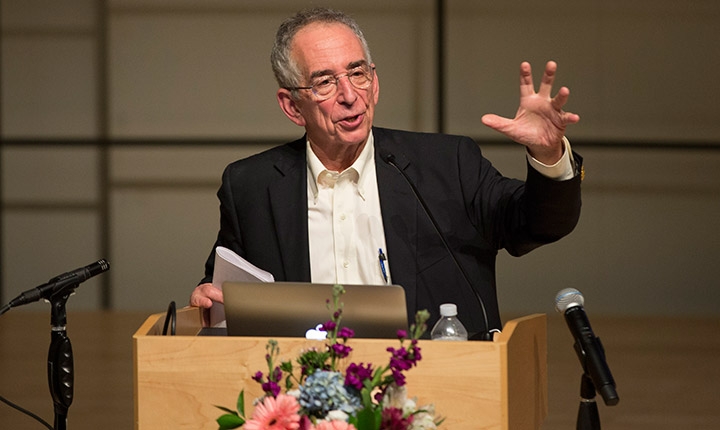


Moreover, a global income redistribution project that could give some of our choice, presumed to come with income, to less fortunate countries. According to Schwartz, there is a happy level of some choice that North American society must reach in order to heal. While having every choice available to us leaves us regretful about our choices, the other side of the coin yields no choice at all, equally as damning. In fact, most Americans today apparently say that dating apps leave them feeling more frustrated than hopeful. While you may be on an enjoyable date with a perfectly nice person, it can be hard to commit to one person, knowing there are a whole stream of people at home just waiting to be swiped. Whether you’re on Hinge, Bumble, or Plenty of Fish, you know the options for dates are now endless. While you can see the paradox of choice play out in virtually every aspect of your life, one particularly relevant example might be dating apps.

While many choices should theoretically provide liberation, they instead cause us paralysis. When we make a poor choice in the face of many options, we engage in self-blame. In the face of choice, we fail to realize that “perfect” does not exist. Having more and more options increases our opportunity for comparison, convincing us that one of the other choices ought to have been perfect. All positive traits, states, and experiences have costs that at high levels may begin to outweigh their benefits.”Īccording to Schwartz, the paradox of choice occurs because knowing we had many choices increases our regret when we inevitably make the wrong one.

“Across many domains of psychology, one finds that X increases Y to a point, and then it decreases Y.There is no such thing as an unmitigated good. Clearly, people put off and avoid choice when extra options are added. According to this colleague’s study, adding an extra 10 options for retirement plans makes 2% less people choose a retirement plan each time. Schwartz hasn’t been the only one to notice the paradox of choice as a daily struggle, and his work cites an anonymous colleague who studied investments in retirement plans. Nowadays, this effect can be seen everywhere, from the doctor’s office to the shoe store to your Netflix homepage. Paradox of choice―how an abundance of options ultimately makes us miserable.Īccording to Barry Schwartz, it is infinitely harder to make a decision when you have more options to choose from.
BARRY SCHWARTZ BW HOW TO
His most recent and perhaps most relevant work, Brilliant: The Art and Science of Making Better Decisions, offers 14 guided lectures on how to make decisions that improve your life. Schwartz is famous for his provocative ideas that ultimately speak to what can make humans less stressed and more pleased with their lives. His work challenges us to think outside the box about the potential of humanity, and to abandon our preconceived notions of what will make us happy.ĭrawing on psychological research into the differences between human and animal cognition, and human happiness and decision making, Schwartz’s theories have shaped the ideas behind his extensive body of work. In it, there is less choice, less rules, and there are less faulty ideas about human nature. Writer and psychologist Barry Schwartz has a vision for our future. ― Barry Schwartz, The Paradox of Choice: Why More Is Less “When products are essentially equivalent, people go with what’s familiar, even if it’s only familiar because they know its name from advertising.”


 0 kommentar(er)
0 kommentar(er)
